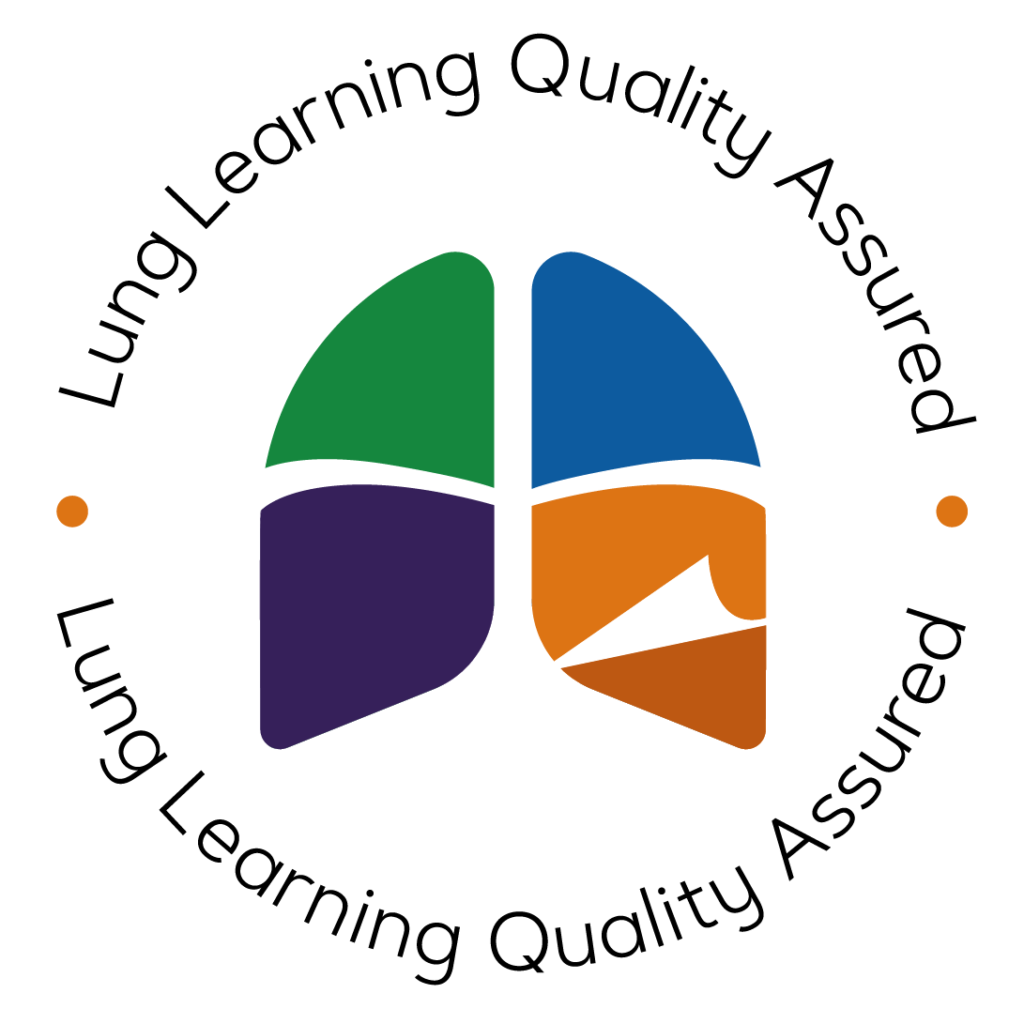The Patient Journey
Integrated Palliative and Supportive Care
Transition to integrated palliative and supportive care can be a confusing and traumatic time for patients and their families. Simple kindness can help to diffuse these emotions and may even help to improve patient outcomes.
Research has identified there are six types of kindness is cancer care;1
- Deep Listening—whereby clinicians take the time to truly understand the needs and concerns of patients and their families
- Empathy—expressed by clinicians to prevent avoidable suffering
- Generous Acts—that go beyond what patients and families expect of their care team
- Timely Care—that is delivered using a variety of tools and systems that reduce stress and anxiety
- Gentle Honesty—whereby the truth is conveyed directly in well-chosen, guiding words
- Support for Family Caregivers—who’s physical and mental well-being are vital components of the care their loved ones receive
The focus on controlling symptoms and improving quality of life becomes the overarching goal. Benefits of early palliative care input include:
- Symptom management
- Improving quality of life
- Recognition of changes to treatment goals
- Addressing physical, psychological, social, and spiritual needs
- Encouraging conversations around end of life and advanced care planning
- Developing a relationship and building rapport with the palliative care team
Questions to ask
Have you been introduced to the palliative care team?
There is strong evidence that early palliative care involvement improves symptoms, quality of life and disease outcomes for patients.2 Remind the patient that even though they may not need assistance from palliative care right now, it is important to connect early to ensure they can access it in the future when they do need it.
Do you have an advanced care plan?
- Is your will up to date?
- Have you appointed a power of attorney to make decisions for you if needed?
- Do you have an Advanced Care Directive?
End of life wishes need to be considered in alignment with the patient’s advanced care directive. This legal document allows the patient to communicate what kind of care and treatment they want leading up to and facing end of life. It is important that this advanced care directive reflects the patient’s current situation.
References
- Berry L, Danaher, TS, Chapman, RA, Awdish, RLA. Role of Kindness in Cancer Care. Journal of Oncology Practice. 2017;13(11):744-750.
- Kain, DA, Eisenhauer, EA. Early integration of palliative acre into standard oncology care: evidence and overcoming barriers to implementation. Current Oncology. 2016;23(6):374-377.


